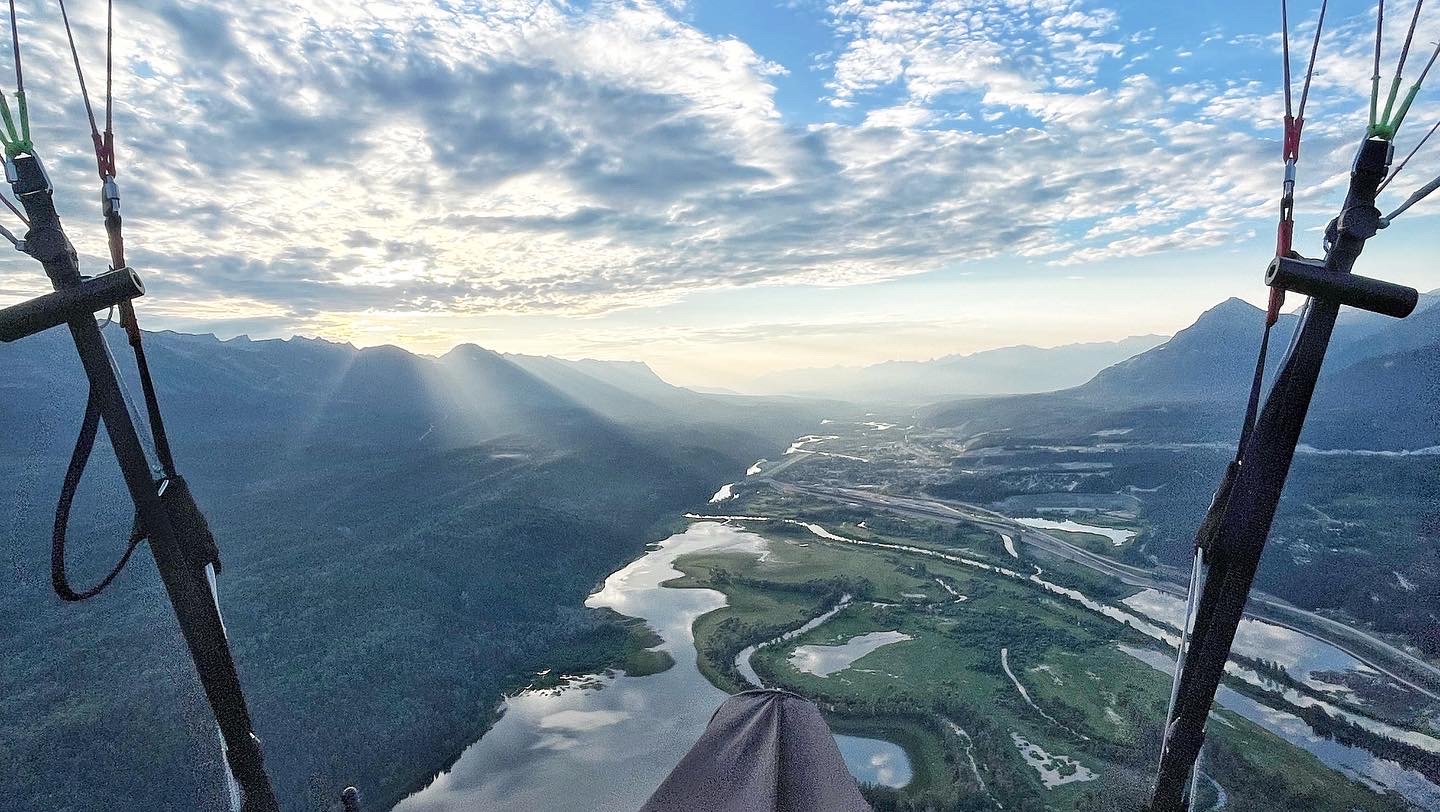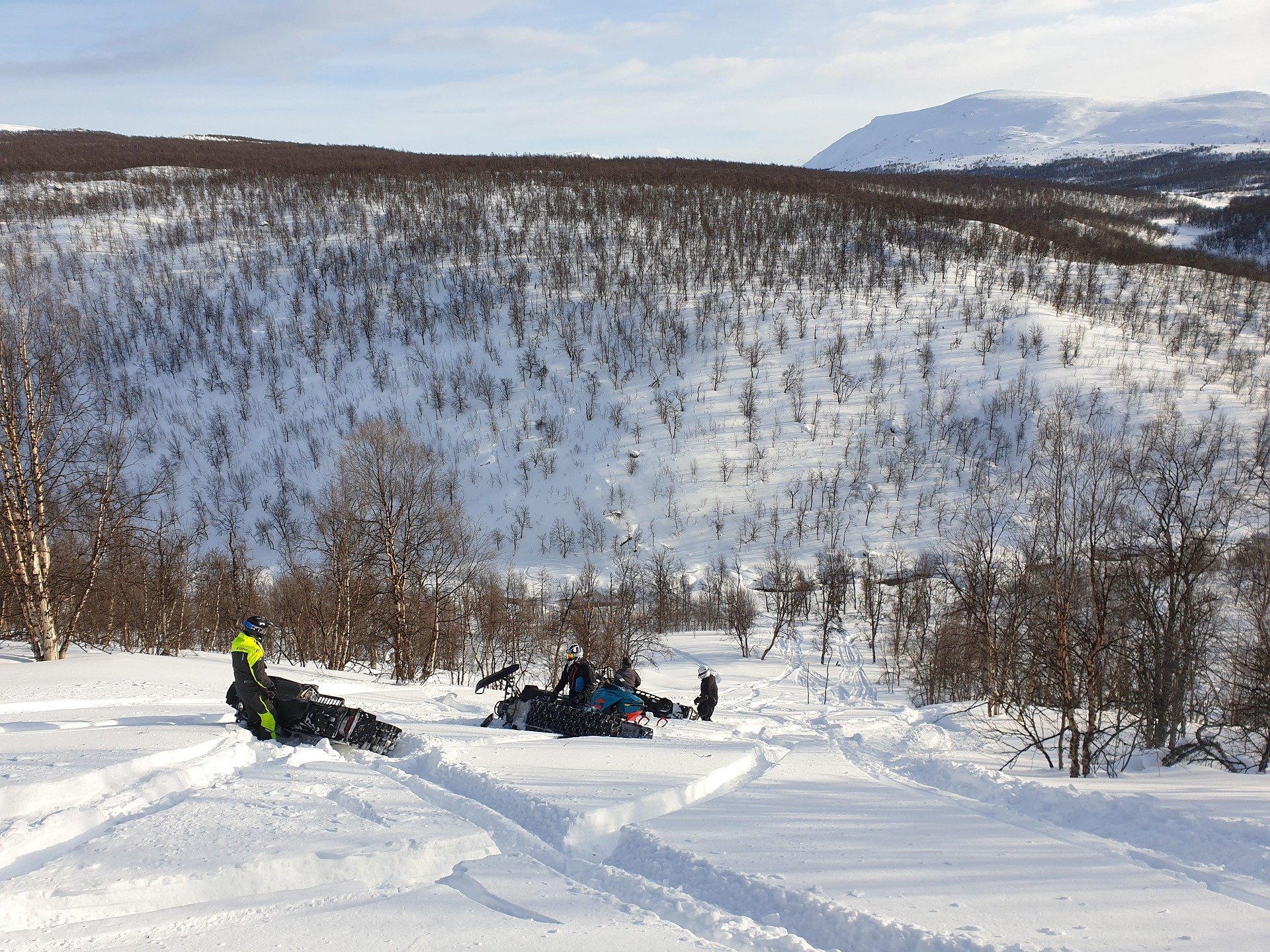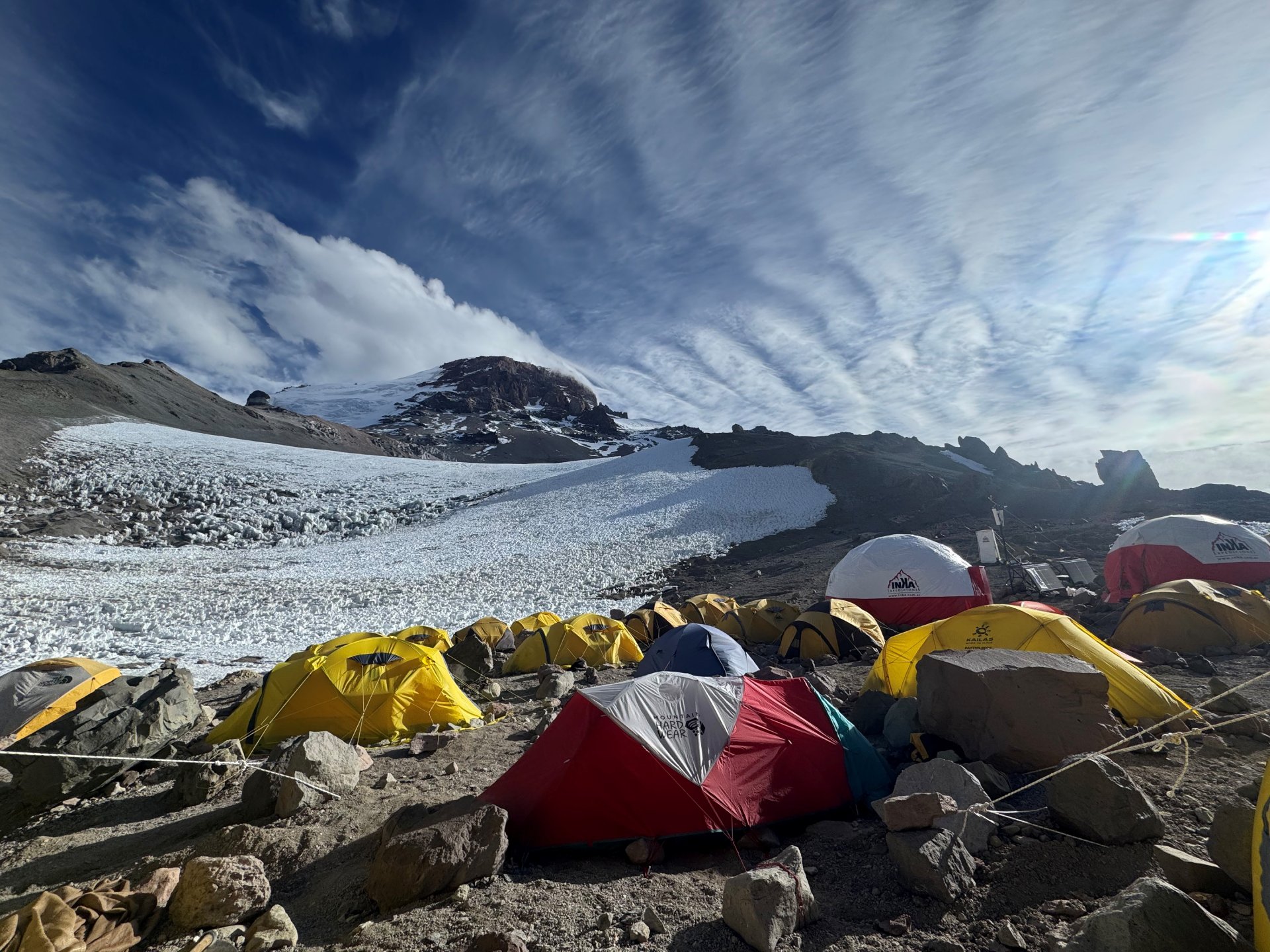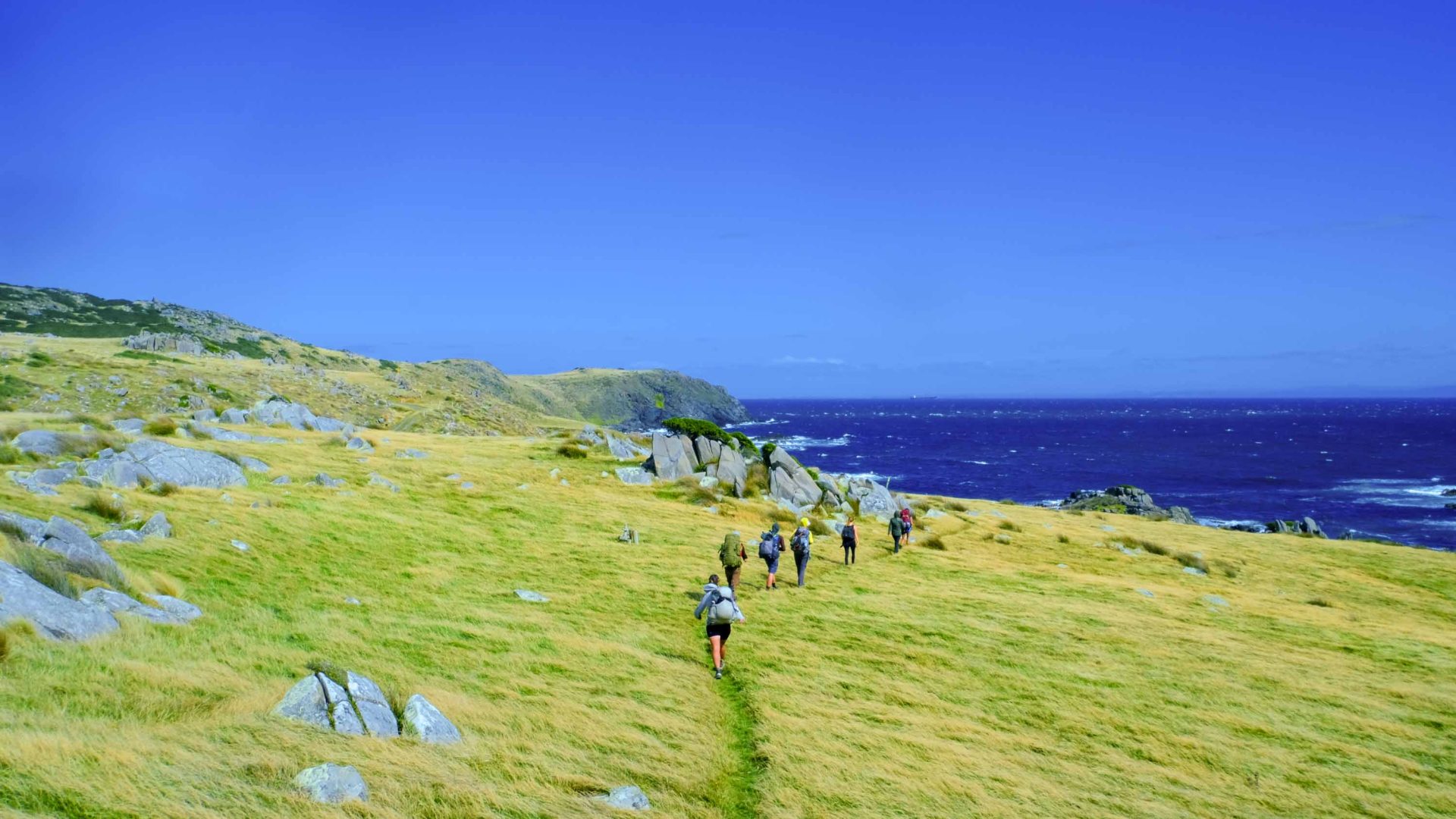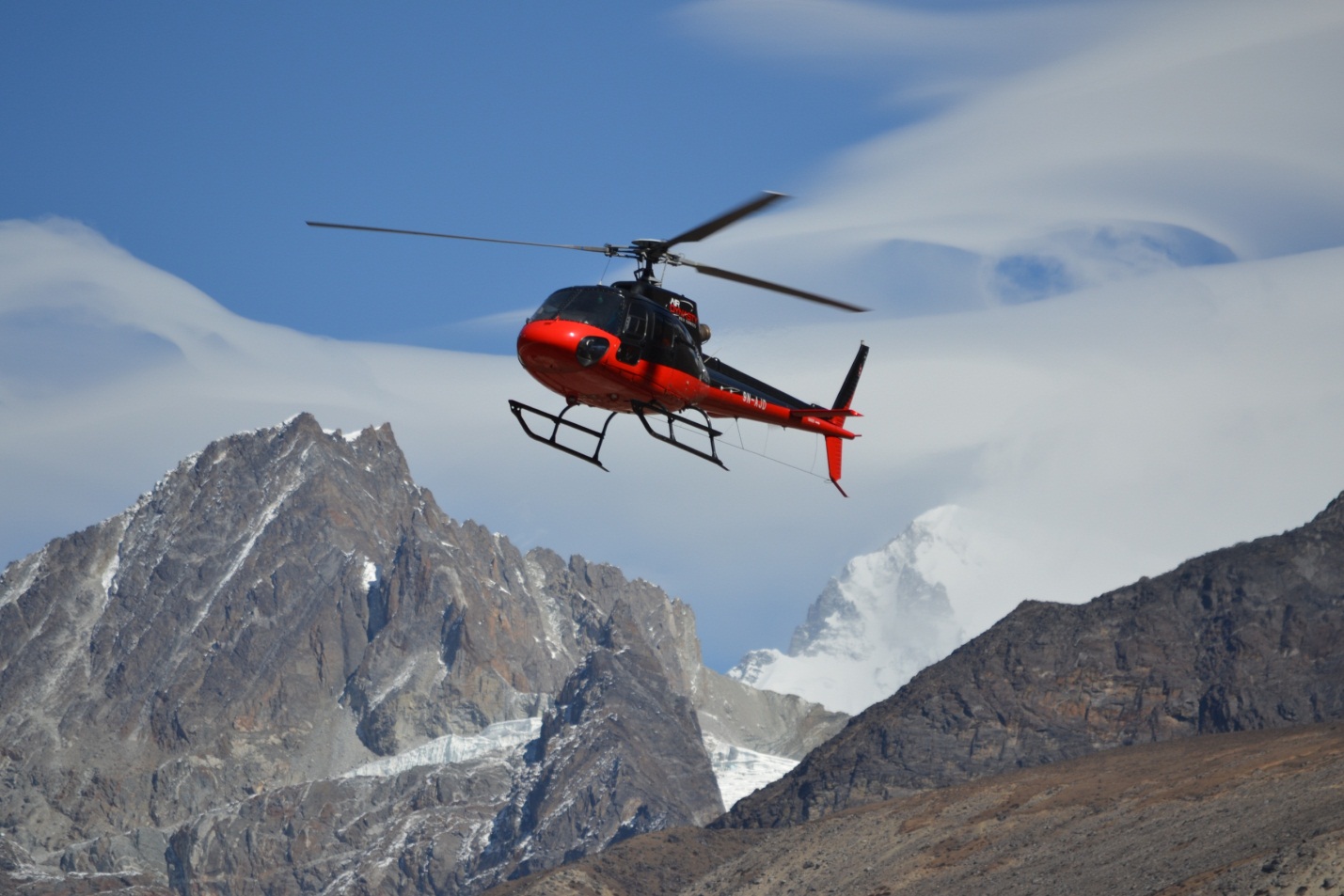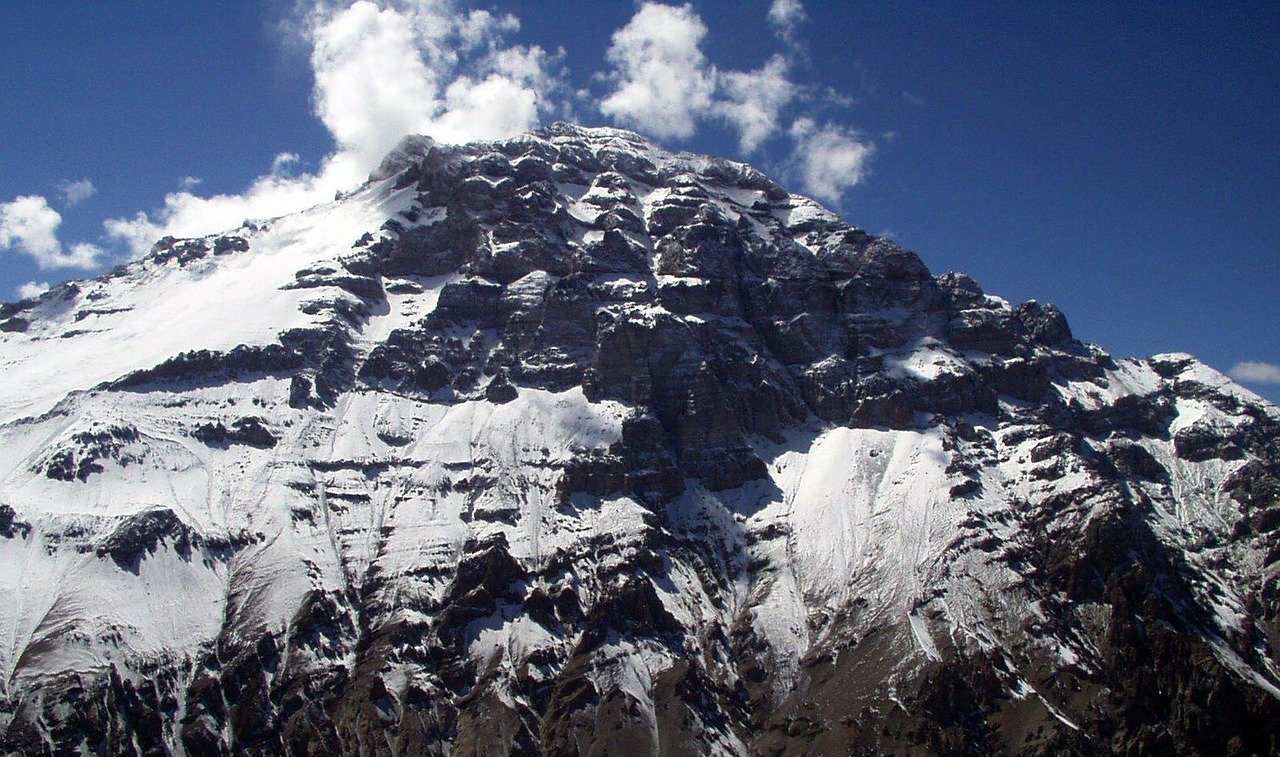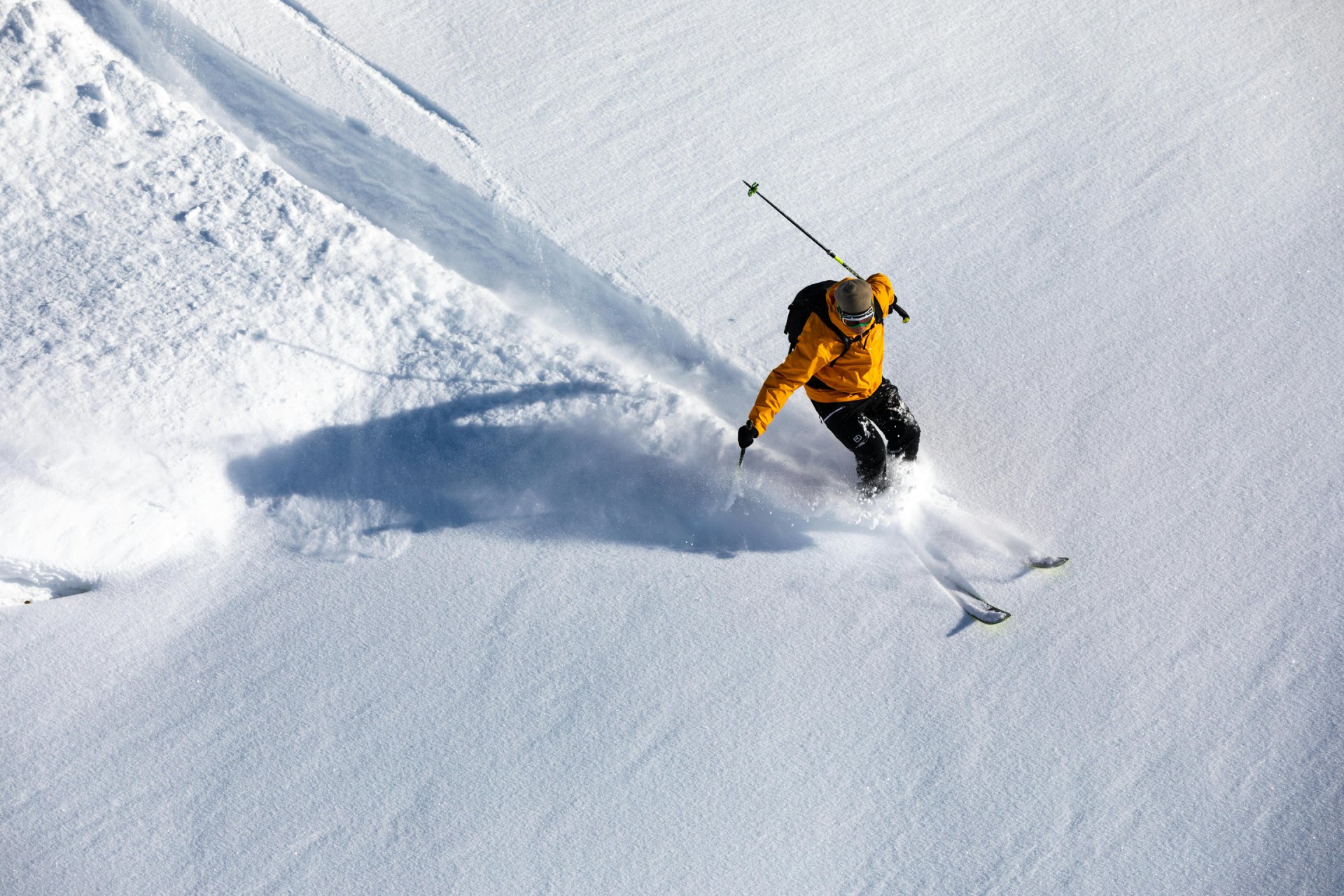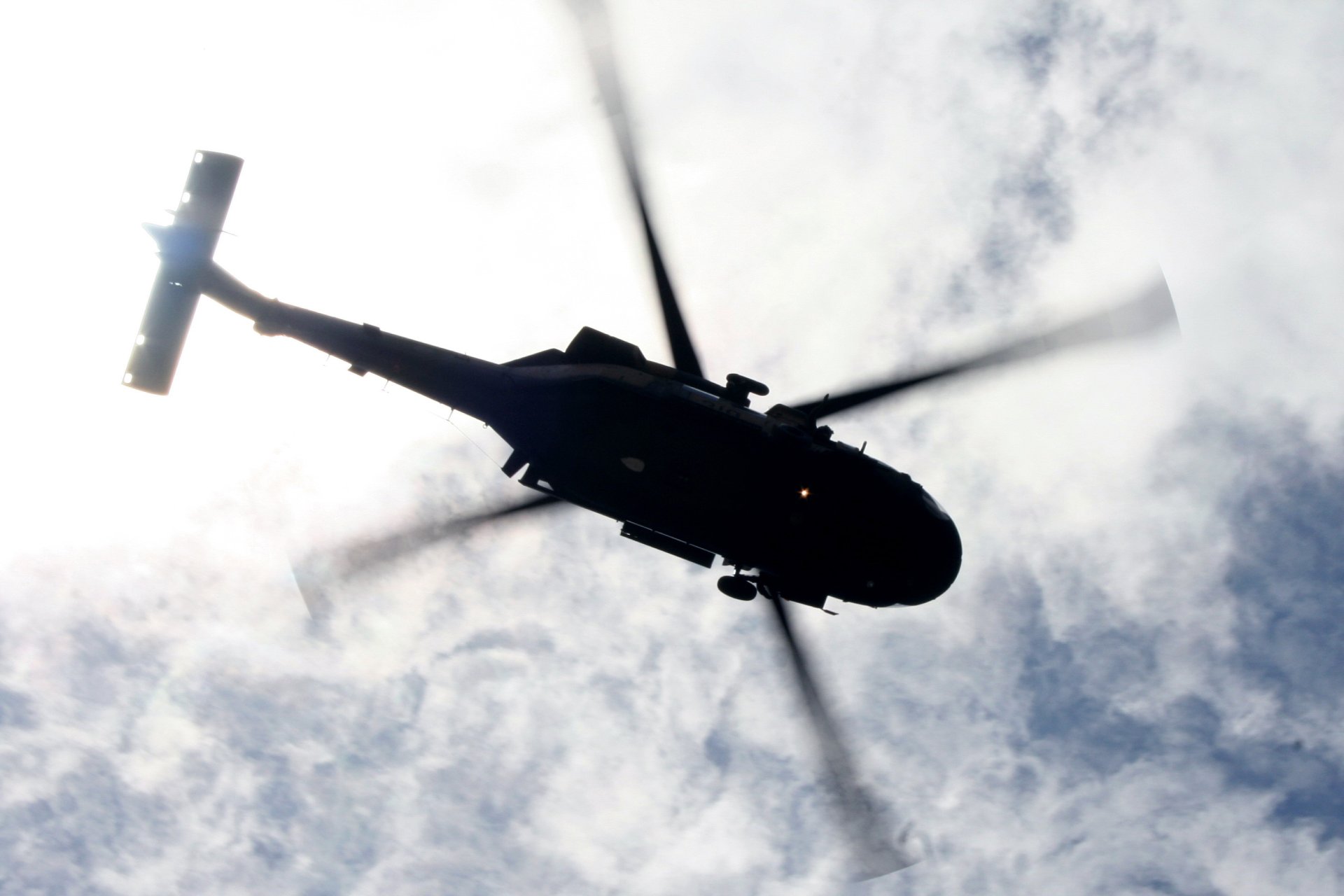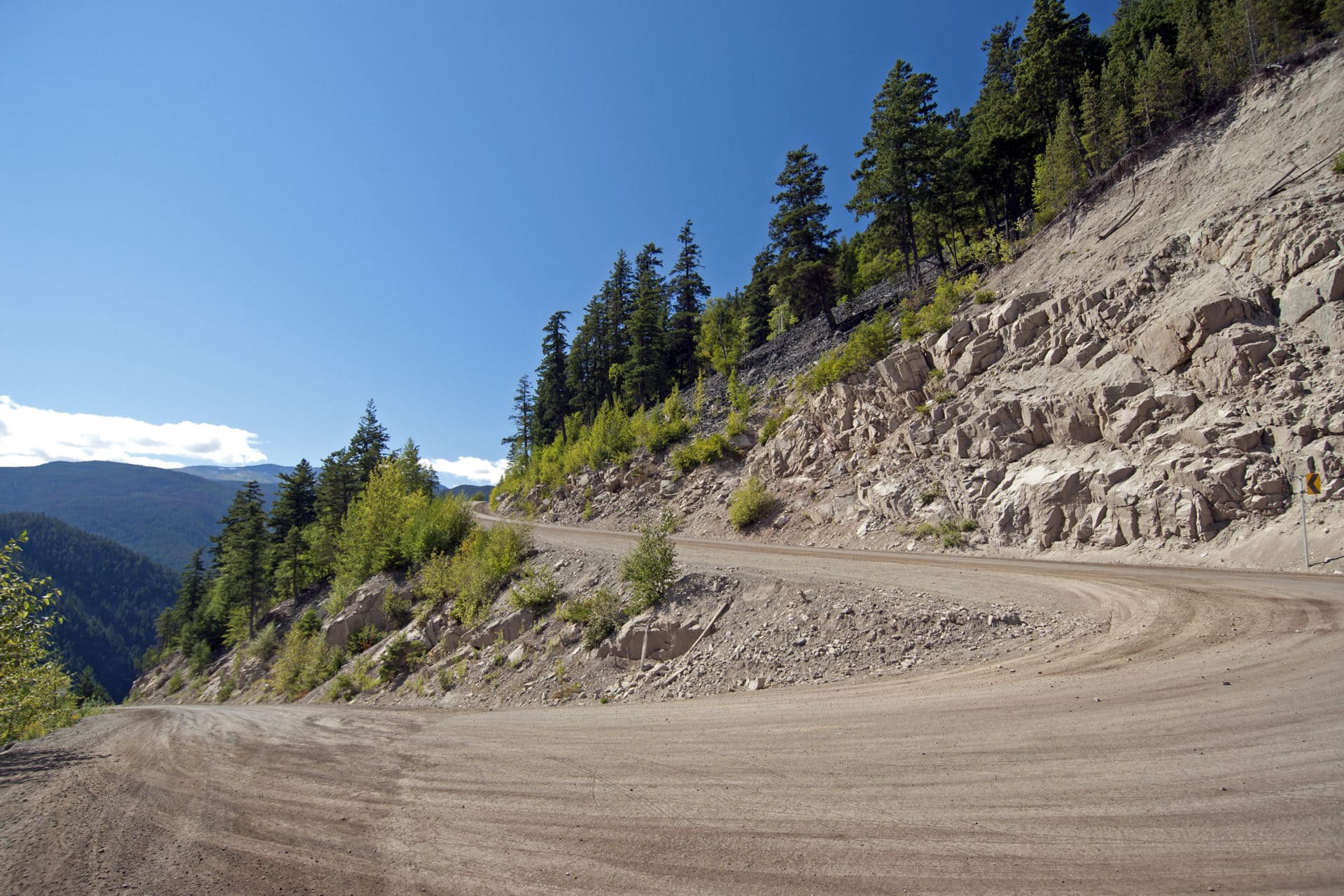Head and Back Injuries in Mexico
A U.S. member needed medical evacuation to a hospital with a higher level of care following a paragliding accident in Mexico. He reported lower back pain but following an initial medical examination, physicians diagnosed him with mild traumatic brain injury and possible damage to several vertebrae. Global Rescue physicians reviewed the case and concurred with the recommendation. The member was successfully transported to another hospital where he was admitted overnight following a diagnosis of a burst fracture, a condition where the vertebra is crushed in all directions. The treating physician determined surgery was not immediately needed. The member was discharged the next day with a back brace to be worn for six to eight weeks for support until further evaluation was done in his home country. Global Rescue provided ongoing ground transportation for him during his remaining days in Mexico until his return flight home.
Dangerously Low Oxygen Saturation on Aconcagua
A U.S. member climbing Aconcagua, the highest mountain in South America, was suffering from symptoms consistent with HAPE (high-altitude pulmonary edema). He was examined and treated with medications provided by physicians deployed to the mountain. Unfortunately, the member’s condition deteriorated overnight, and his oxygen saturation dropped to 59%, more than 30 percentage points below normal. Global Rescue medical operations was contacted. Due to the member’s worsening condition, Global Rescue operations personnel initiated a helicopter field rescue with immediate ground transport by ambulance to a hospital for evaluation.
[Related Reading: Struggling To Breathe on Aconcagua]
The member was successfully evacuated from the mountain and arrived safely at the hospital where he was diagnosed with dyspnea, or shortness of breath. Upon further evaluation and testing, 15% of his left lung was filled with fluid. He was stabilized, prescribed medication, discharged and advised to schedule a follow-up in a couple of days. The member rested and started his medications before disengaging to complete his recovery on his own.
Fractured Ankle in Colombia
A U.S. member needed airborne medical evacuation after a recreational run in Colombia led to a badly sprained ankle. He called Global Rescue medical operations explaining that two days after spraining his ankle, his condition had worsened and the pain as excruciating, rating it at 10/10, and expressed his inability to move. A local clinic examined him and diagnosed him with a fractured heel. They recommended immediate surgery. Global Rescue physicians reviewed the information and recommended an immediate medical evacuation in business class to accommodate leg elevation and to reduce swelling. The member was successfully evacuated and arrived safely at his home in San Francisco to continue his treatment and recovery.
Hard Landing in South America
A U.S. member needed medical evacuation after a rough landing while paragliding in Colombia, injuring her ankle. Global Rescue medical operations was contacted and confirmed that she suffered a fracture of the left ankle (tibial malleolus) requiring surgery. Unfortunately, the medical treatment team in Colombia was unable to perform the surgery. Global Rescue medical personnel recommended an expedited airborne return to the member’s home of record via business class seating with ground transportation before orthopedic follow-up. She departed Colombia and safely arrived at her home in Washington, U.S., where she continues her recovery.
[Related Reading: Aconcagua: The Mountain of Death]
HAPE on the Mountain of Death
A Japanese member needed field rescue from Aconcagua after experiencing HAPE-like symptoms including shortness of breath, oxygen desaturation and bibasal crackles – the bubbling or crackling sound originating from the base of the lung. Global Rescue Operations was notified and reviewed the on-mountain medical evaluation. A helicopter field rescue was recommended and initiated to transport the member off the mountain. Ambulance transportation was also arranged to accommodate the need for oxygen support and close monitoring before successful arrival at a hospital in Mendoza, Argentina. The member was examined and diagnosed with pulmonary edema and admitted for treatment. He was later discharged and decided to remain in Argentina until his scheduled flight home.

